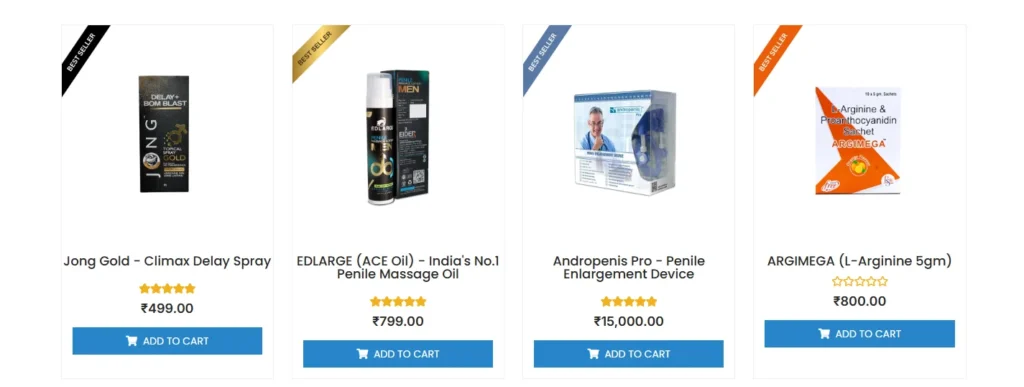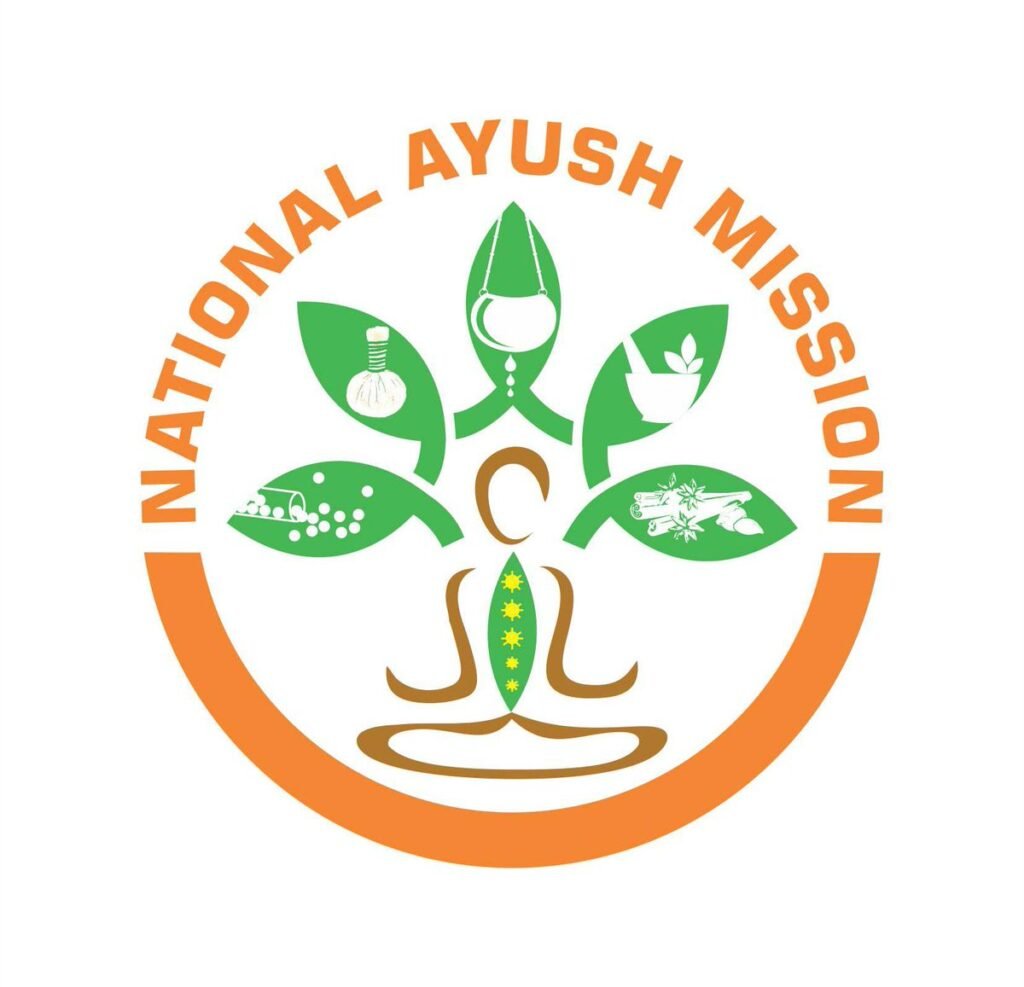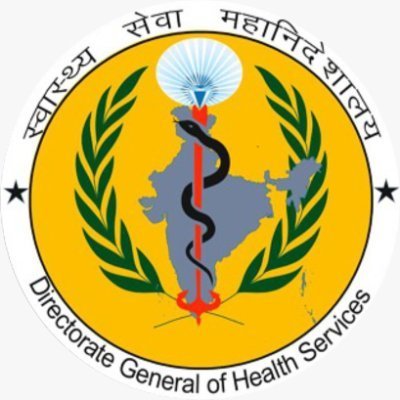Varicoceles, often referred to as a “bag of worms” in the scrotum, are a common yet frequently misunderstood condition affecting men’s health. This blog explores varicoceles in detail, covering their symptoms, diagnosis, and treatment options, with a focus on varicocele treatment in Delhi and varicocele treatment cost in Delhi. If you’re seeking clarity on this condition or exploring non-surgical varicocele treatment in Delhi, this guide provides comprehensive, up-to-date information to help you make informed decisions.
What is Varicocele?
A varicocele is an enlargement of the veins within the scrotum, specifically the pampiniform plexus, a network of veins that drain blood from the testicles. This condition is similar to varicose veins in the legs and occurs when blood pools in these veins due to faulty valves, leading to swelling. Varicoceles are most common in men aged 15–35 and are more prevalent on the left side of the scrotum due to anatomical differences in venous drainage.
While many men with varicoceles experience no symptoms, the condition can lead to discomfort, infertility, or testicular atrophy if left untreated. Understanding the symptoms and seeking timely varicocele treatment in India can prevent complications and improve quality of life.
Symptoms of Varicocele
Varicoceles can range from asymptomatic to significantly bothersome. Here are the key symptoms to watch for:
- Scrotal Pain or Discomfort: A dull, aching pain or heaviness in the scrotum, often worsening with prolonged standing or physical activity. The pain may subside when lying down.
- Visible or Palpable Lump: A swollen, twisted vein in the scrotum that feels like a “bag of worms,” particularly noticeable when standing.
- Testicular Atrophy: In severe cases, the affected testicle may shrink due to impaired blood flow, potentially affecting fertility.
- Infertility or Subfertility: Varicoceles are linked to reduced sperm count and motility, making them a common cause of male infertility.
- Swelling or Heat Sensation: The scrotum may feel warm or swollen, particularly after exercise or in hot weather.
If you’re experiencing these symptoms, consulting a specialist for varicocele diagnosis center in Delhi is crucial for early intervention. Ignoring symptoms may lead to worsening conditions, including irreversible testicular damage.
How to Diagnose Varicocele?
Accurate diagnosis is the first step toward effective treatment. Urologists and andrologists in Delhi use a combination of physical examinations and diagnostic tests to confirm varicoceles. Here’s how the process typically works:
1. Physical Examination
A urologist will perform a physical exam, often asking the patient to stand and perform a Valsalva maneuver (bearing down as if having a bowel movement). This increases intra-abdominal pressure, making the varicocele more prominent and easier to detect.
2. Scrotal Ultrasound
A Doppler ultrasound is the gold standard for diagnosing varicoceles. This non-invasive imaging test visualizes blood flow in the scrotal veins, confirming the presence and severity of the varicocele. Many clinics offering varicocele treatment in Delhi use advanced ultrasound technology for precise diagnosis.
3. Semen Analysis
If infertility is a concern, a semen analysis may be conducted to assess sperm count, motility, and morphology. Varicoceles can impair sperm production, and this test helps determine the condition’s impact on fertility.
4. Grading Varicoceles
Varicoceles are graded based on severity:
- Grade 1: Small, detectable only with the Valsalva maneuver.
- Grade 2: Moderate, palpable without the Valsalva maneuver.
- Grade 3: Large, visible through the scrotal skin.
For an accurate varicocele diagnosis center in Delhi, seek out reputed hospitals or clinics with experienced urologists. Early diagnosis can significantly reduce the need for invasive treatments and lower the overall varicocele treatment cost in Delhi.
Treatment Options for Varicocele in Delhi, India
Not all varicoceles require treatment. Asymptomatic cases with no impact on fertility may only need regular monitoring. However, if symptoms like pain, infertility, or testicular atrophy are present, treatment is recommended. Below are the primary options for varicocele treatment in Delhi:
1. Non-Surgical Varicocele Treatment in Delhi
For patients seeking minimally invasive options, varicocele embolization is a popular choice. This procedure involves:
- Inserting a catheter through a small incision in the groin or neck.
- Using X-ray guidance to locate the affected veins.
- Blocking the abnormal veins with coils or sclerosing agents to redirect blood flow to healthy veins.
Benefits of Varicocele Embolization:
- Outpatient procedure with minimal recovery time.
- Lower risk of complications compared to surgery.
- Ideal for patients seeking non-surgical varicocele treatment in Delhi.
The varicocele treatment cost in Delhi for embolization typically ranges from ₹80,000 to ₹1,50,000, depending on the hospital, expertise of the radiologist, and diagnostic tests required.
2. Surgical Varicocele Treatment
Surgical options are recommended for severe cases or when embolization is not suitable. Common surgical procedures include:
- Microsurgical Varicocelectomy: A highly precise surgery using a microscope to ligate affected veins, minimizing damage to surrounding tissues. This is considered the gold standard due to its high success rate and low recurrence.
- Laparoscopic Varicocelectomy: A minimally invasive surgery using small incisions and a camera to guide the procedure.
- Open Varicocelectomy: A traditional surgery with a larger incision, less commonly used today due to longer recovery times.
Benefits of Surgical Treatment:
- High success rate in relieving symptoms and improving fertility.
- Widely available in top hospitals offering varicocele treatment in Delhi.
The varicocele surgery cost in Delhi typically ranges from ₹50,000 to ₹1,20,000, depending on the procedure, hospital, and surgeon’s expertise.
3. Lifestyle and Supportive Measures
For mild cases, lifestyle changes can help manage symptoms:
- Wearing supportive underwear to reduce scrotal pressure.
- Avoiding prolonged standing or heavy lifting.
- Using cold compresses to alleviate discomfort.
While these measures don’t cure varicoceles, they can complement medical treatments and improve comfort.
Visit Our Men’s Health Website

Varicocele and Fertility: What You Need to Know
Varicoceles are a leading cause of male infertility, affecting sperm production and quality. Studies suggest that 35–40% of men with infertility issues have varicoceles. Treatment, whether surgical or non-surgical, can significantly improve sperm parameters in many cases. If you’re struggling with infertility, consult a specialist for varicocele treatment in Delhi to explore options that could enhance your chances of conception.
Preventing Varicoceles: Is It Possible?
While varicoceles cannot be entirely prevented due to their anatomical basis, certain measures can reduce risk or symptom severity:
- Maintain a healthy weight to reduce pressure on the pelvic veins.
- Avoid tight clothing that restricts blood flow.
- Stay active to promote healthy circulation.
Regular check-ups with a urologist can help detect varicoceles early, especially for young men or those planning to start a family.
Read Also
- ZSR Circumcision: A Modern Solution for Phimosis Treatment
- Penile Implant Surgery: Purpose, Procedure, Risks & Recovery
- Phimosis: Causes, Symptoms, Diagnosis & Treatment
Varicoceles are a manageable condition with the right diagnosis and treatment. Whether you’re experiencing discomfort, fertility issues, or simply seeking peace of mind, Delhi offers a range of options for varicocele treatment in Delhi, from non-surgical embolization to advanced microsurgery. By understanding the symptoms, seeking timely varicocele diagnosis in Delhi, and choosing the right treatment, you can address this condition effectively and affordably.







